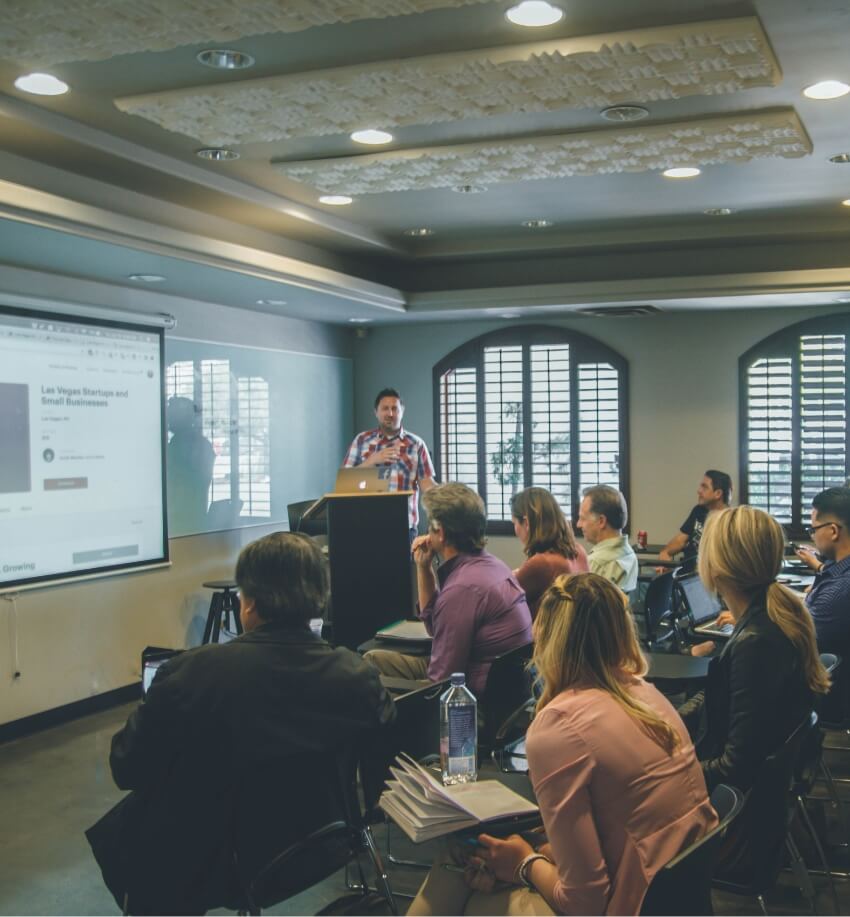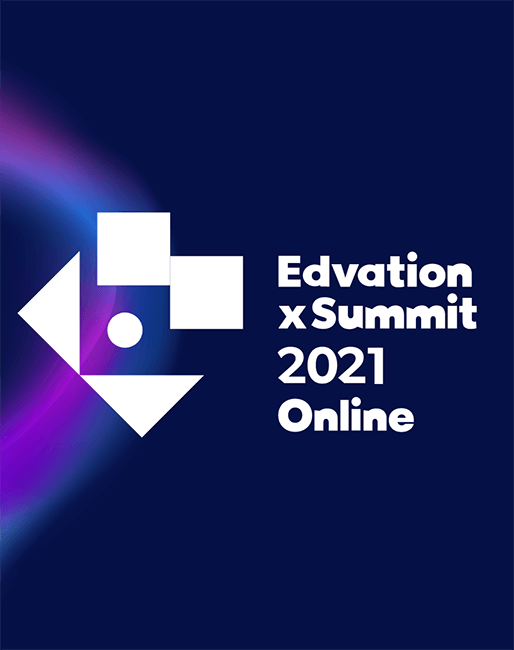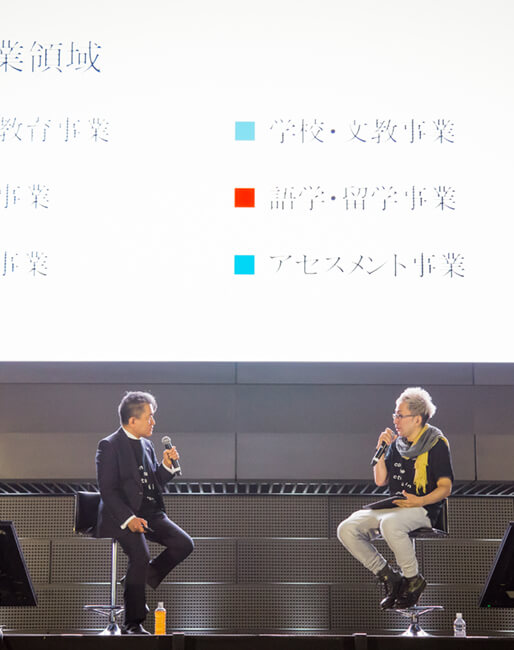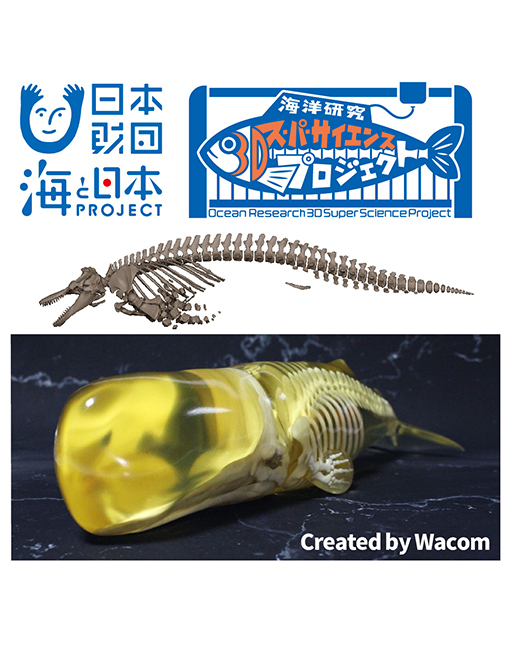Rearing the Next Generation of Future Builders
“Education for Tomorrow” by EdTech

Have you ever heard of EdTech? A move to transform the teaching environment through educational tools or services supported by cutting-edge IT is gaining speed around the world. ”MOOCs (Massive Online Open Courses)”, online free courses of first-rated universities around the world are its most typical example. Let’s have a look at the objectives of EdTech movements in Japan and Wacom’s projects in education.
RELATED SESSIONS:
"DRAWING (WRITING)" WITH EDTECH / ENRICH EDUCATION WITH HANDWRITING AND DIGITAL INK/ OCEAN RESEARCH 3D SUPER SCIENCE PROJECT / THE FUTURE OF EDUCATION WITH ICT TECHNOLOGY EXPECTED BY CASIO

Economic Gap Should not Become Education Gap
Before the institutionalization of formal schooling in modern times, many autodidactic researchers opened up new venues in their studies just by pursuing their interests with devoted self-study. Confucius, the founder of Confucianism, accomplished the universe of his philosophy without ever attending specific schools for formal education. Pierre de Fermat known for “Fermat's Last Theorem” was an amateur mathematician who studied mathematics in his spare time while working as a full-time lawyer. Johann Wolfgang von Goethe, Ogai Mori or Ernest Miller are self-learned men of literature. It is well known that Thomas Edison, the master of invention, left school for not feeling accepted and was tutored at home by his mother. As seen by these examples, even before the days of sufficiently formalized education, often academic achievements were within reach of talented people only when giving way to their intellectual curiosity. In fact, true prodigies are often ”self-taught talents”.
Today, when fundamental education is compulsory, an economic gap tends to translate directly into a gap of learning performance. There are kids who want to learn but cannot. Or some simply cannot afford to learn as they are consumed by other concerns. Under such circumstances, EdTech is in focus as a means for making quality education accessible to all learners worldwide regardless of the external factors affecting their lives. EdTech is an abbreviation of “educational technology” while Edvation is that of “educational innovation”. EdTech and Edvation, i.e. IT use in education and the resulting educational innovation resp. are now transforming the world of education.

Great Potential in EdTech & Edvation in Japan
Japan suffers from a declining birth rate and an aging population. There is a limit to what can be achieved through classroom teaching and passive knowledge transfer to maintain quality education and produce more self-thinkers. Great hope is therefore put on the use of technology in education. The introduction of EdTech should result not only in higher productivity but also in producing a larger number of motivated self-thinkers capable of making a real impact on changing society. In other words, education must be upgraded to a higher level altogether. “Future Classroom” and “EdTech Study Group” established by METI (Ministry of Economy, Trade and Industry) follow three guiding principles in promoting EdTEch and Edvation in Japan:
First, new learning infrastructures must be set up to build a “digital first” mindset with focus on learners. Under the “GIGA School Concept” proposed by the Ministry of Education, Culture, Sports, Science and Technology, every high school student should be equipped with a digital device while making high-speed networks readily available. The COVID 19 pandemic has accelerated the use of digital devices across the country in one go – an amazing fact in view of Japan's population of over 100 million. In the field of EdTech, Japan used to lag behind the world but may now become one of the most advanced countries in this respect.
Secondly, the goal is to realize “independent, individualized and customized learning”. By nature, learning is a very individual process since cognitive powers and academic achievements differ from one child to another. Thus, teaching must be well adapted to individual students based on performance assessments using big data from education in place of conventional group lessons in a classroom. To put it in extreme terms, a single digital device with Internet connection is all that is needed to satisfy intellectual curiosity.
The third objective deals with STEAM education. STEAM is an interdisciplinary learning approach that encompasses science, technology, engineering, arts and mathematics. It aims at turning students into active self-motivated learners to design and acquire their own path to solutions guided by an innate curiosity and an inquiring mind.
What sort of people will result from an education guided by these principles? Leonardo da Vinci, a highly agile and ingenious mind not confined to only one field, would be an ideal example. With the advance of technologies like AI, a new era will commence. It is said that humans will do things that only humans can do. Helped by a wider use of EdTech, the world of the future will be populated by a growing number of critical thinkers who ask themselves “what are the things that only humans can do”. And that’s the way to enrich a society for humans.

Instrument Provider Wacom’s Vision of Future Education
Wacom is working on a series of projects with focus on the technology needed to build the education of the future. As a developer of digital writing instruments, Wacom supports education professionals with the supply of digital devices. But Wacom goes far beyond the hardware side and is actively engaged in experimental projects, e.g. to give upcoming talents a chance to broaden their creative perspective and enrich their imagination. “Supporting creation” is an integral part of Wacom’s DNA. It is only natural for the Company to view the future of education in the context of STEAM. The interim results of these projects are presented on Connected Ink 2021.
Wacom’s undertakings are endorsed by an expert in the field, Masahiko Sato (assistant to the President of Digital Hollywood University). As a front runner in EdTech, Sato is well familiar with the latest developments in this field around the world.
“What I want to achieve is a higher level of EdTech for the entire country. I dare say that conventional public education serves the purpose of raising the kind of people that the existing social system demands. But times have changed. EdTech is an essential tool for giving children, members of future society, the power to shape the future they want. We should gradually but steadily move away from preconceived and ready-made ideas about education. I believe what we need to this end is the active participation of both public and private sectors as seen in the GIGA school concept as “government efforts to upgrade the EdTEch level through the country” and Wacom’s projects as “ambitious reach-outs by the private sector”. I am grateful that Wacom, the top runner in providing digital tools, embraces the idea of EdTech and gives it their full support. My hopes are high for many Wacom projects getting under way in earnest.”
”Edvation Summit 2021” (November 18 - 21, 2021) co-hosted by Masahiko Sato, is a forum for in-depth discussions on the future of education to be realized with the help of technology. At this summit, Wacom’s projects are also spotlighted. Japan’s EdTEch is now moving forward with increasing momentum. The way kids are being educated today has not changed much since the industrial revolution. Now that top runners in different fields are united by the same passion for transforming education, their efforts are bearing fruit.
editor / writer_ Chikara Kawakami




